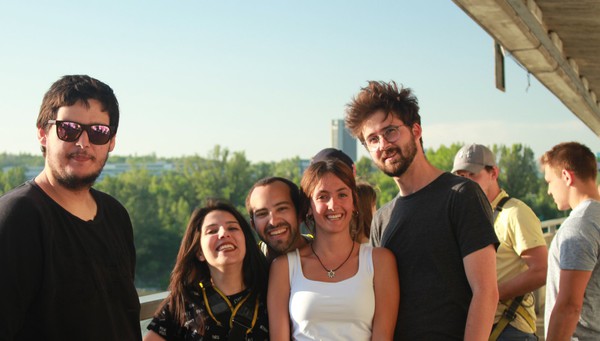Prospective Students

All students are welcomed to study at Comenius University situated in the capital city of Slovakia, Bratislava.
Comenius University in Bratislava is the oldest and biggest university in the Slovak Republic. Established in 1919, the University draws on the tradition of Academia Istropolitana that was founded in 1465 in Bratislava by Matthias Corvinus, the King of Hungary. Since its founding the University has ranked among the best educational institution on the national level and it has become an internationally recognised centre of scientific study and research. Being the most comprehensive provider of classical university education in Slovakia, Comenius University has retained the status of the Slovak national university.
Comenius University in Bratislava has 13 faculties and serves 26,000 students this year within all three degree study programmes, 21,000 of whom are full-time students. Comenius University offers diverse study programmes encompassing a broad range of human knowledge - from medicine, humanities and social sciences, to natural sciences, mathematics and theology.
Almost 3,000 international students from more than 70 countries enjoy studying at the oldest university in Slovakia. Students who wish to attend foreign universities as part of our study abroad programme can choose from 340 European universities located in 30 countries, all of which have concluded bilateral agreements with Comenius University as part of the Erasmus+ Programme. The most visited countries by our students as part of the LLP/ERASMUS programme include Spain, Germany and the Czech Republic.
With more than 2,500 doctoral students, Comenius University in Bratislava is also a major scientific institution. Comenius University participates in the most advanced research projects in various scientific disciplines (primarily biology, biochemistry, chemistry, computer sciences, clinical medicine, ecology, geosciences, materials science and engineering, molecular biology and genetics, neurosciences, pharmacology, physics, life sciences and space sciences).

